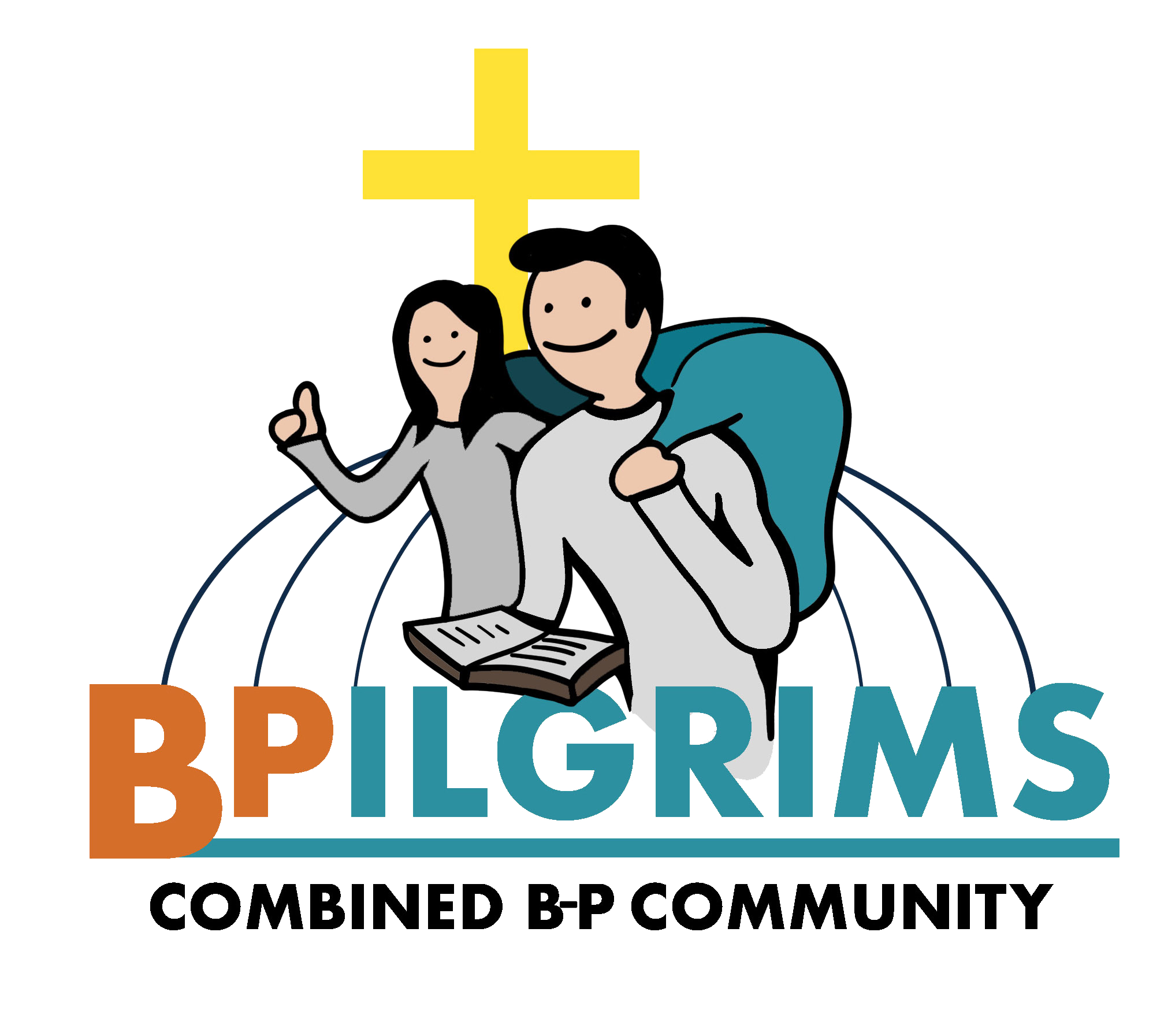
Who was this letter written to?
This letter was written to Philemon, his family, and the church that met at his house.
Who was Philemon?
Philemon was a prominent member of the church at Colossae. He had been saved under Paul’s ministry, several years before this letter was written. He was wealthy enough to own a large house, where the church of Colossae met regularly, and he owned a slave named Onesimus.
Who wrote this letter?
The apostle Paul.
Where was this letter written?
Philemon was written when Paul was imprisoned in Rome. It is one of the prison epistles, along with Ephesians, Philippians and Colossians.
Why did Paul write this letter?
While he was still not a believer, Onesimus stole some money from Philemon and fled to Rome. Through circumstances not recorded in Scripture, Onesimus met Paul in Rome and became a Christian.
The apostle Paul quickly grew to love this runaway slave and longed to keep Onesimus in Rome, where he was providing valuable service to Paul in his imprisonment. But by stealing and running away from Philemon, Onesimus had broken Roman law and defrauded his master. Paul knew those issues had to be dealt with, and thus sent Onesimus back to Colossae, along with Tychicus, Paul’s trusted secretary, with this beautiful personal letter that urged Philemon to forgive Onesimus and welcome him back to service as a brother in Christ.
The main theme of Philemon: Brotherly love and forgiveness in Christ
Forgiveness is the central theme in Philemon, as Paul wrote this letter with the primary purpose of appealing to Philemon to forgive Onesimus, his slave and now brother in Christ, who had wronged him. A Christian has many motivations to forgive others, especially others in the church. A Christian’s ultimate motivation to forgive others is the gospel, where they themselves receive forgiveness for their sins from God in Jesus Christ.
Another motivation for forgiveness within the church is the truth that Christians are fellow brothers and sisters in Christ. Paul did not appeal for Onesimus’ freedom, but that Philemon would receive his slave now as a fellow believer in Christ. Believers are to enjoy spiritual oneness and fellowship in Christ as they worship and minister together, and this spiritual unity is not possible if they are unwilling to forgive each other for their shortcomings and past mistakes.
Reflection
Is there anyone you have yet to forgive/seek forgiveness from in your life? How might God’s forgiveness and your common identity with God’s people encourage you to forgive/seek forgiveness?
[Adapted from the MacArthur Bible Commentary]
